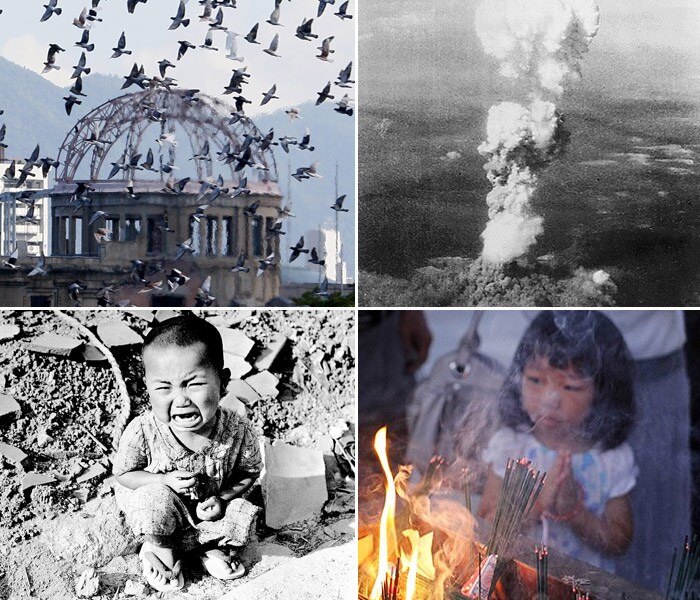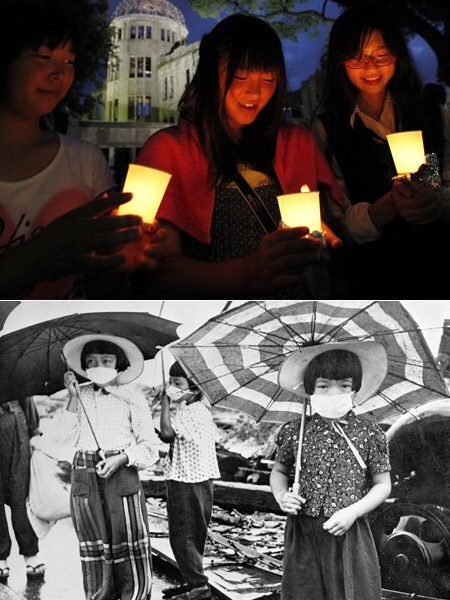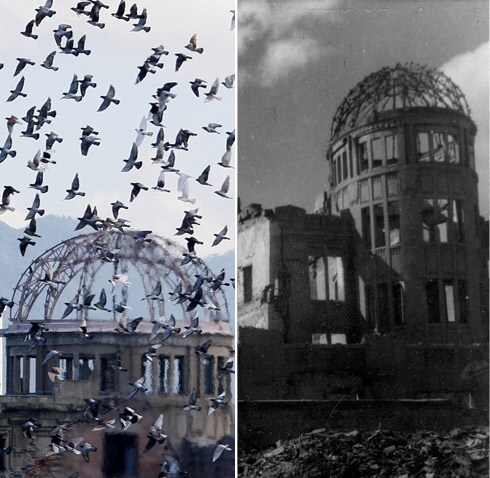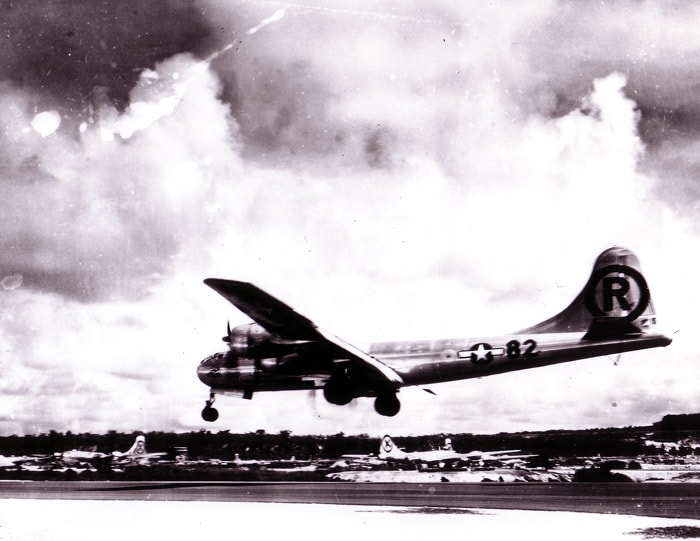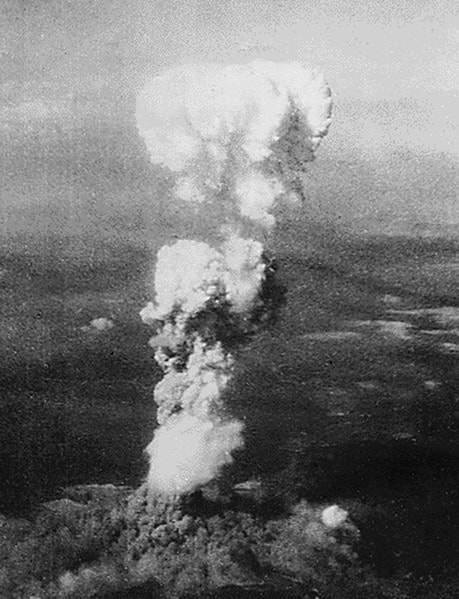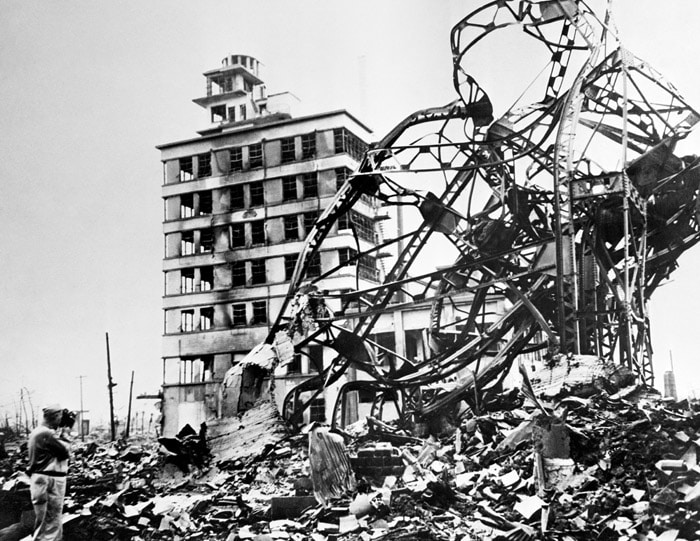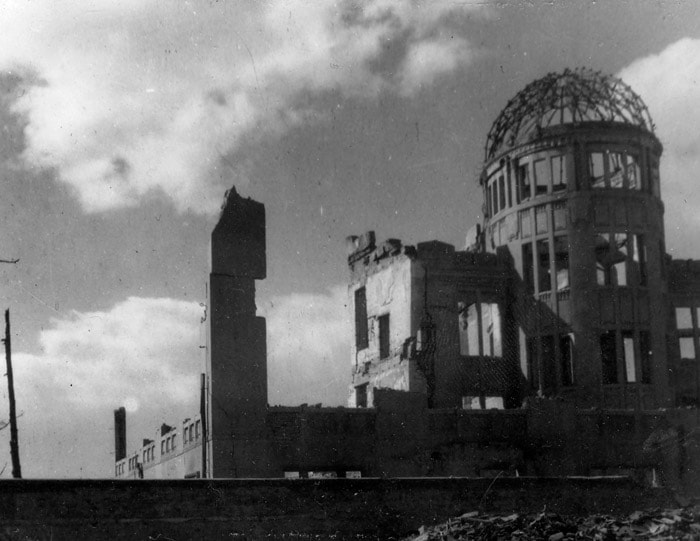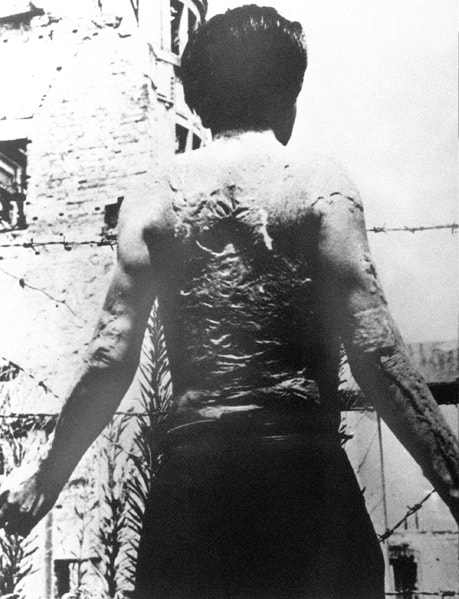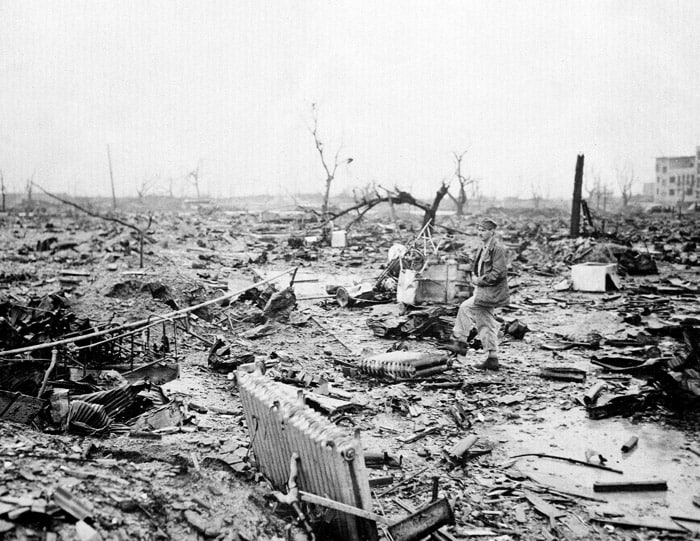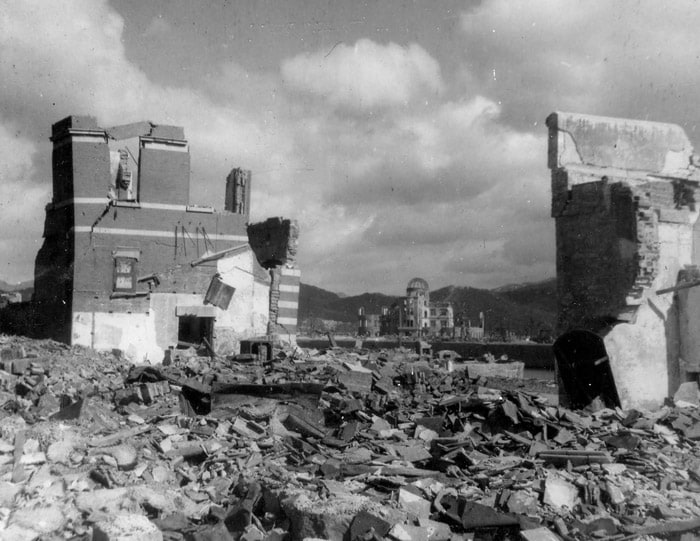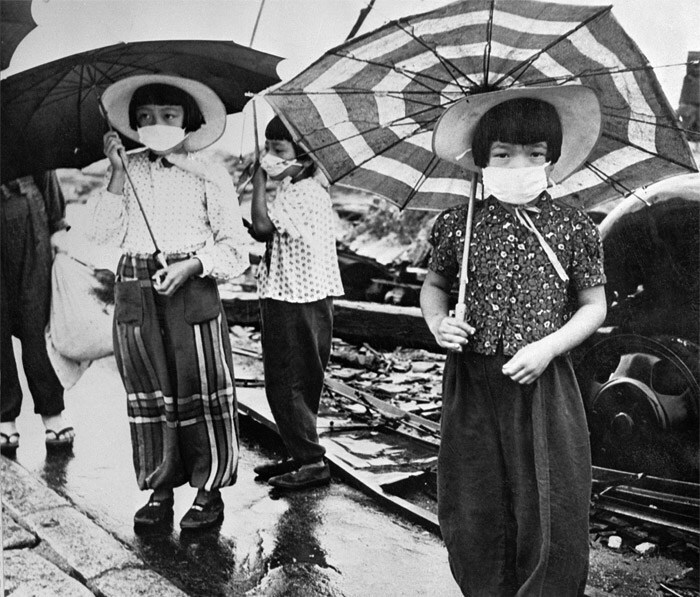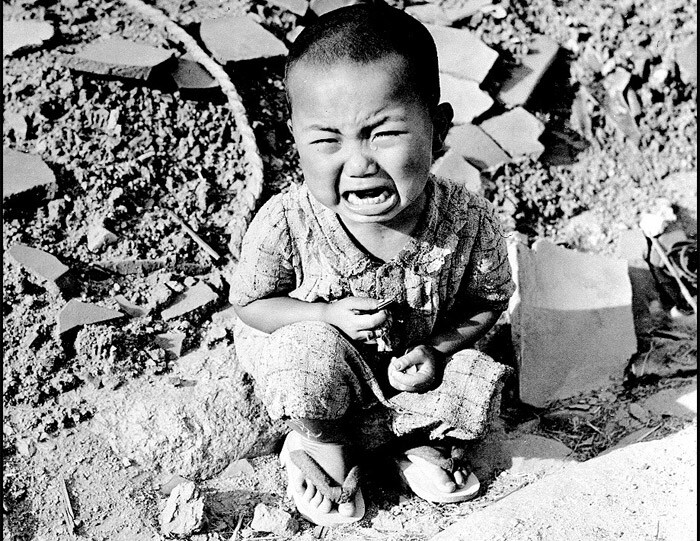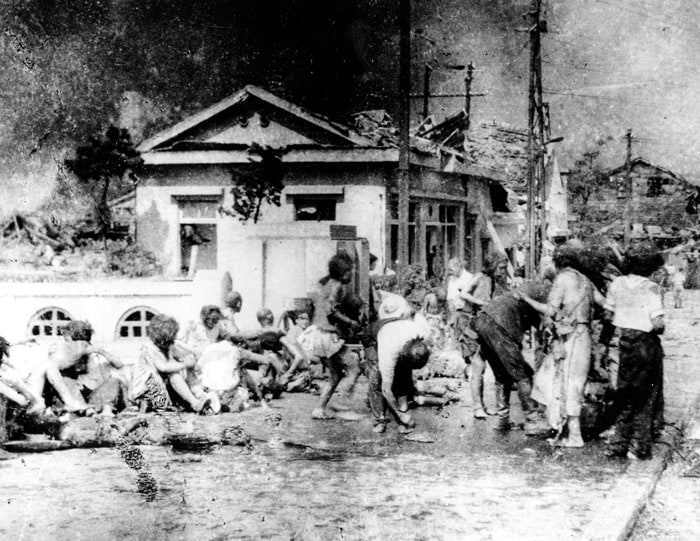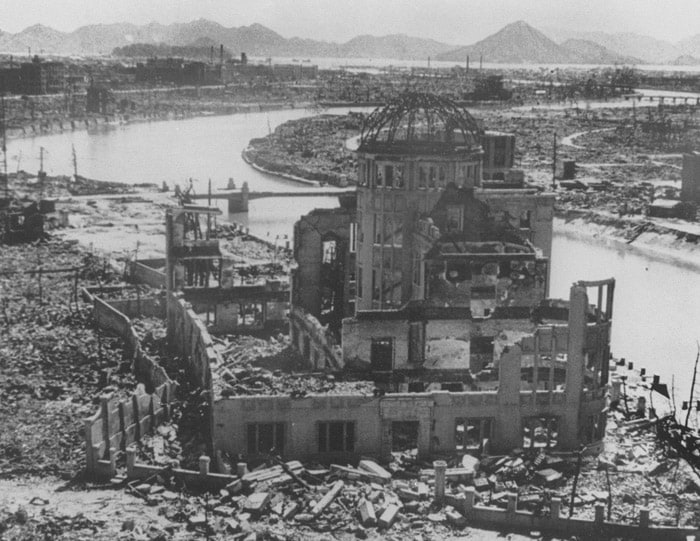65 years later, revisiting Hiroshima
As the biggest nuclear powers come together on the 65th anniversary of Hiroshima's atomic bombing, here is a look at the wrath that the devastating bombing unleashed on the Japanese city.
-
65 years ago, Hiroshima woke up to a calm and sunny Monday morning, the city bustling with early-morning activity. But that morning went down in history as perhaps the bloodiest and most devastating mornings the world witnessed.
At around 8.15 am, a US Air Force B-29 bomber named Enola Gay, released 'Little Boy', its 9,700-pound uranium bomb, over the city.
Seconds later, a huge explosion lit the Hiroshima morning sky and hid the city under an awful dark cloud beneath which around 140,000 innocent lives were lost and millions were scarred for life - a scar that they passed on to their successive generations as well.
A look at Hiroshima as the world gets together on the 65th anniversary of the atomic bombings that rocked the Japanese city. (Photo: AP/AFP) -
On Friday, Hiroshima marked its biggest memorial yet and the first to be attended by the US and other major nuclear powers. The site of the world's worst atomic bomb attack echoed with choirs of schoolchildren and the solemn ringing of bells. (Photo: AP/AFP)
-
Along with the US, Britain and France also made their first official appearance at the memorial. Altogether, 74 nations were represented. UN Secretary-General Ban Ki-moon said that the time has come to move from "Ground Zero, to Global Zero" -- a world without any nuclear arms. (Photo: AP/AFP)
-
Hiroshima was careful to ensure that the memorial, while honoring the 140,000 who died on or soon after the attack on August 6, 1945 emphasized a look-forward approach, focussing not on whether the bombing was justified, a point which many Japanese dispute, but on averting a future nuclear attack. (Photo: AP/AFP)
-
US Air Force B-29 bomber Enola Gay made a safe landing on an airstrip on Tinian in the Mariana Islands after wreaking havoc on the city of Hiroshima. The aircraft landed safely, but the danger that it left lurking on millions in Hiroshima was unfathomable.
Here is the destruction that the US uranium bomb, ironically called 'Little Boy', had caused in the Japanese city. (AFP Photo) -
Apart from the moral questions involved, many have debated whether the use of the bomb was necessary to achieve victory in the war in the Pacific on terms satisfactory to the United States as Japan already had been defeated militarily by June 1945. (AFP Photo)

